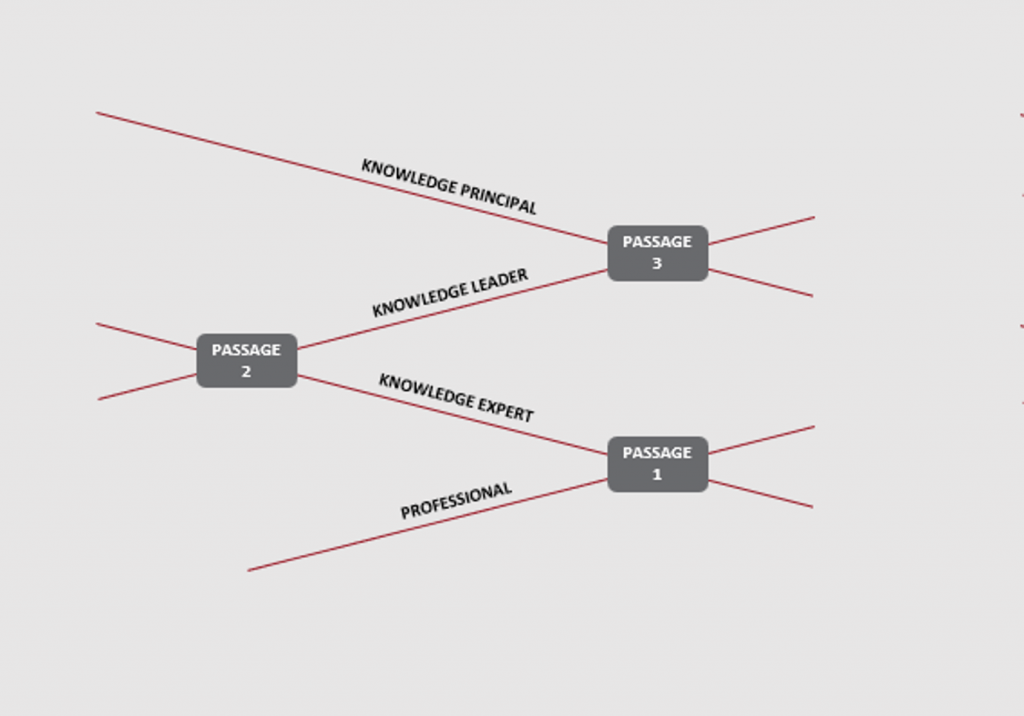Leadership & Specialist Programs
Leadership Program

Building a strong Leadership Pipeline
Building a strong leadership pipeline involves identifying, developing, and retaining leaders at all levels of an organization. Building a strong leadership pipeline requires a long-term investment in developing your talent and creating opportunities for growth and development. However, the benefits of having a strong pipeline of leaders who are prepared to take on more senior roles can be significant, including improved organizational performance and a more engaged and motivated workforce.

Identify Key Leadership Competencies
Identifying the competencies that are required for success can involve conducting an assessment to determine the skills, knowledge, and behaviors that are necessary for different leadership positions.

Assess Your Current Leadership Talent
Evaluate your current leadership talent to determine who has the potential to move up into more senior roles. Look for individuals who demonstrate the competencies that are required for success in those roles.

Leadership Program tailored to your needs
Engage with our adaptable delivery framework, tailored to suit your unique requirements and organizational learning preferences. Embrace our well-proven programs that have consistently led to transformative learning experiences, resulting in enhanced leader performance.

Fundamental Concepts and Ideas of Effective Leadership
– Vision
– Integrity
– Empathy
– Communication
– Adaptability
– Collaboration
– Continuous improvement
Specialist Program







